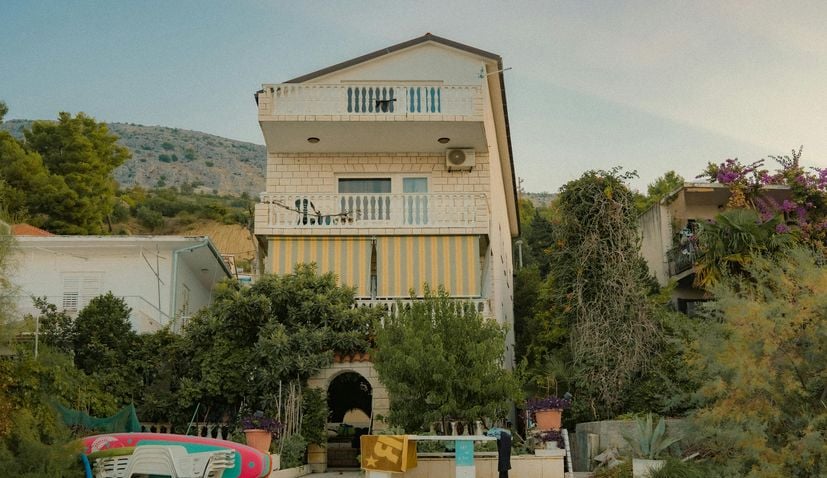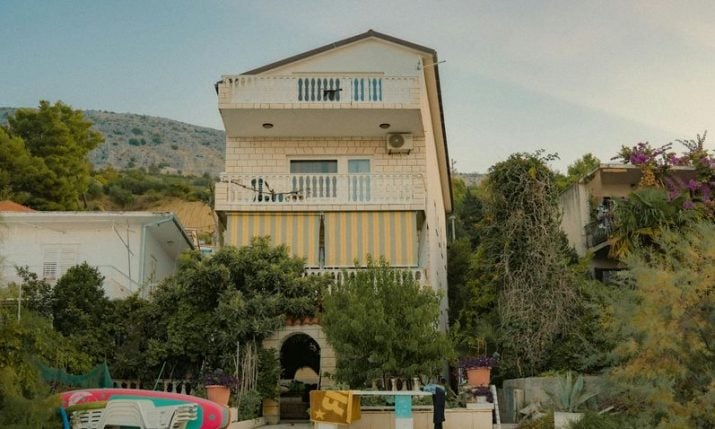by croatiaweek
August 16, 2025
in

Croatia’s new Tourism Law and changes to property taxation are designed to slow the rapid growth of holiday apartments along the coast.
The government hopes the measures will encourage property owners to switch from short term tourist rentals to long term leases, helping address the housing shortage in coastal areas.
As HRT reports, early signs suggest the impact is uneven across the country. In the Šibenik area there have been no major changes.
Many private landlords continue their usual pattern of ending rental registration at the close of the summer season and reactivating it at the start of the next.
Višnja Marasović, acting head of the county’s Department for Economy, Tourism, Agriculture, Rural Development and EU Funds, told HRT the pressure was slightly stronger this year, but the statistics remain almost the same as last season.
Zadar County, however, has seen a noticeable shift. There have been fewer applications for new tourist apartments and more for de-registration of existing ones.
This season the region had around seven thousand fewer tourist beds compared to last year. Ante Sjauš, head of Zadar County’s Department for Economy and Tourism, explained that many rentals were half empty this summer, not because of a bad season but due to the sheer volume of accommodation available.
He believes many landlords have now turned to long term letting.
Industry associations caution that reducing family accommodation capacity alone will not solve Croatia’s housing challenges.
Hana Matić, vice president of the “Save Small Family Renters” association, pointed out that less than one percent of flats are used for tourist rentals.
She noted there are around 600,000 empty flats, 122,000 used for business purposes such as law offices and beauty salons, and 17,000 in tourist use. “Only tourist rentals are treated as the problem, why is that?” she asked.
Matić also criticised the state for allowing some of its own properties to be used for tourist accommodation instead of affordable housing.
The state-owned company Državne nekretnine d.o.o. confirmed the issue exists but said it is minimal. The company does not manage all state-owned flats and takes immediate action when tenants illegally sublet properties, including eviction proceedings.
It has stepped up coastal inspections during the summer and maintains a zero tolerance policy for unauthorised subletting.
Experts say that if the government wants to successfully limit further growth of short term rentals, it must also address the problem of illegal letting, particularly in non-commercial accommodation.
